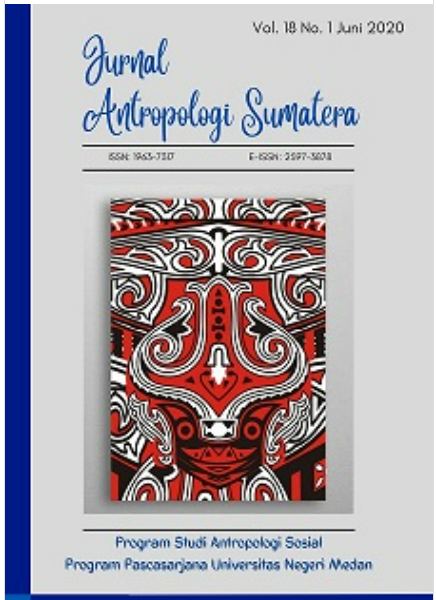PEMBINAAN BERBASIS KEBUDAYAAN UNTUK ANAK BERHADAPAN DENGAN HUKUM OLEH DINAS SOSIAL ACEH
DOI:
https://doi.org/10.24114/jas.v22i2.69069Abstract
This article presents an analysis of the implementation of the guidance program for children in conflict with the law (ABH) at the social welfare institution Rumoh Seujahtera Jroh Naguna, Aceh Social Service. This study uses Robert Chamber's empowerment theory and a qualitative case study approach as analytical tools. The case study was chosen because of Aceh's uniqueness, which always provides space for its cultural traditions in all matters, including the guidance of children in conflict with the law. Through interviews with the leadership of the RSJN, social assistants and several ABHs, as well as participatory observations, research results were found that indicate that the implementation of the guidance program for ABH at RSJN has implemented the four principles of Chambers' empowerment indicators, namely: people-centered, participatory, empowering, and sustainable. In addition to the four principles of Chambers' empowerment, the guidance program carried out by the RSJN, Aceh Social Service is also in accordance with the principles of Acehnese law and culture as stated in Qanun 11 of 2008 concerning child protection. The principles of child protection in the Qanun include: 1) non-discrimination; (2) the best interests of the child; (3) the right to life, survival, and development; and (4) respect for the child's opinion. The National Mental Hospital (RSJN) provides a culturally appropriate development program for the Acehnese people, including guidance on studies, religious practices, child psychology, and the development of various hobbies. Through this development, children experience positive changes and gain knowledge to prevent repeating their mistakes and become accepted back into society.Downloads
Published
2025-06-30
Issue
Section
Articles
License
Copyright (c) 2025 Yuva Ayuning Anjar, Syifa Azzahra, Siti Ikramatoun, Ismail Jahiddin

This work is licensed under a Creative Commons Attribution-NonCommercial-ShareAlike 4.0 International License.
This journal provides immediate open access to its content on the principle that making research freely available to the public supports a greater global exchange of knowledge.

This work is licensed under a Creative Commons Attribution-ShareAlike 4.0 International License.
Share copy and redistribute the material in any medium or format
Adapt remix, transform, and build upon the material for any purpose, even commercially.

